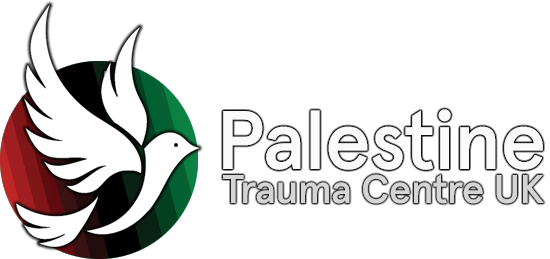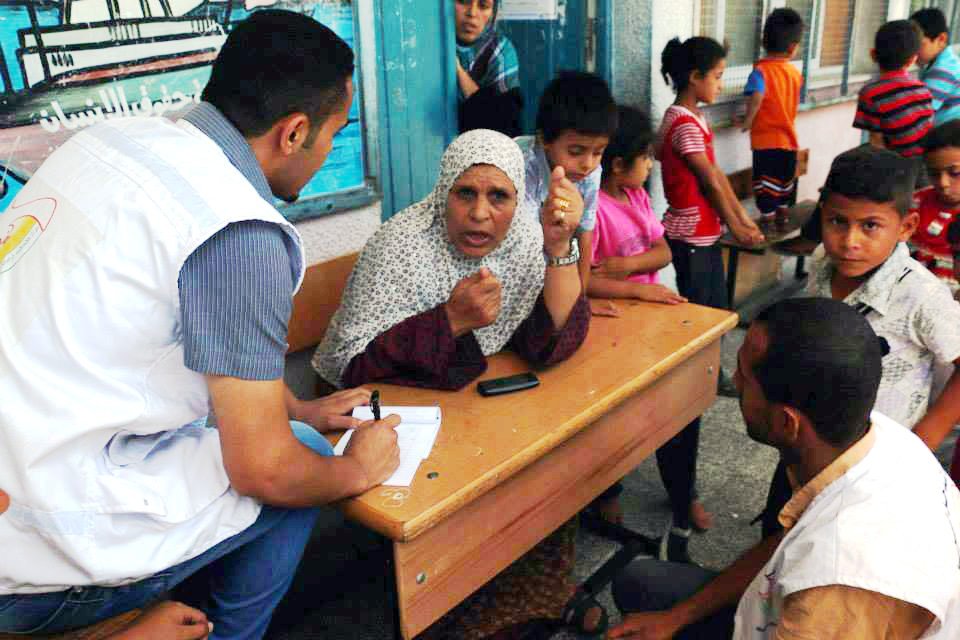
Family Therapy
Therapy starts with the family by finding and enhancing the strongest elements for support inside it.
The aim is to foster good relationships amongst family members, empowering them with the collective strength to look after the needs of each other and feel like a self-supporting team when confronting the traumatic events around them. Children and adults are guided through a variety of communication skills and psychological techniques to reduce stress levels and become mutually supporting. This work extends to teachers, youth workers and medical staff to enhance a sense of community resilience. It is psycho-education, slowly and carefully delivered.
The process has often been disrupted by bombardments, but there have been lasting benefits for many families. In 12 sessions, they develop skills in psychological adaptability, better communication and practising trust. A cultural/family genogram is used to explore attachments within family and community; one exercise uses dry sticks and green sticks to analyse flexibility and resilience of feelings; a narrative is composed for the family to use as a tool for strengthening a sense of collective identity and resource. Stress and fear management can be taught in family groups or workshops for parents. Power and roles within the family are explored. By collectively supporting the family and not just treating isolated individuals, self-supporting units are created and the stigma of therapy is avoided. It also generates a sense of community values that fits in well with local cultural norms.
Parents need support and respite in the draining task of coping with children’s intensified reactions to traumatic events. A therapeutically-informed community centre can provide both. Also, a range of adults taking on parental roles in a rotational fashion can sustain resilience in families. Training in listening and communication skills, different forms of play and basic knowledge of child development can equip the carers to enhance relationships inside the family. The importance of gently fixing family routines (e.g. an evening story time which all attend) increases the sense of security for children.
When therapists visit the family, they arrange for the main carer (usually the mother) to be given space to retell the tragic event which traumatized the family, but as she does so, the children are led in some quiet games which lessen the impact of the retelling. The aim is to enable the trauma to be assimilated into ordinary life. Instead of re-living it, as in psychotherapy, it is transformed into a different kind of narrative without the disabling effect that highly emotional, repetitive or indulged expressions of grief could have on the rest of the family.



